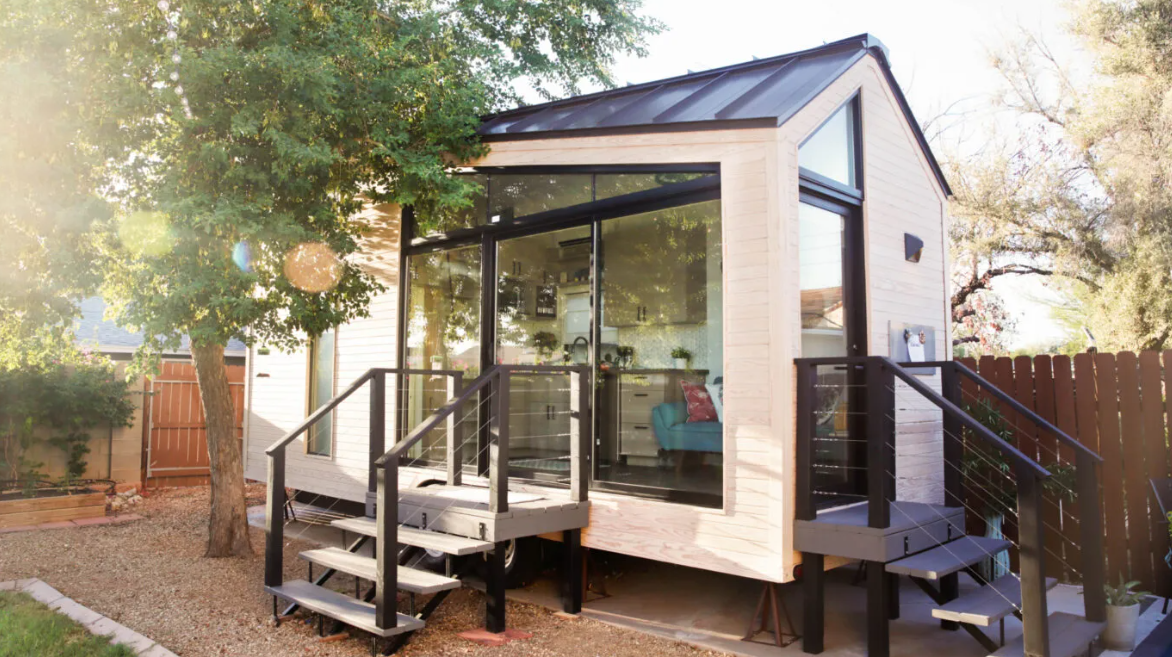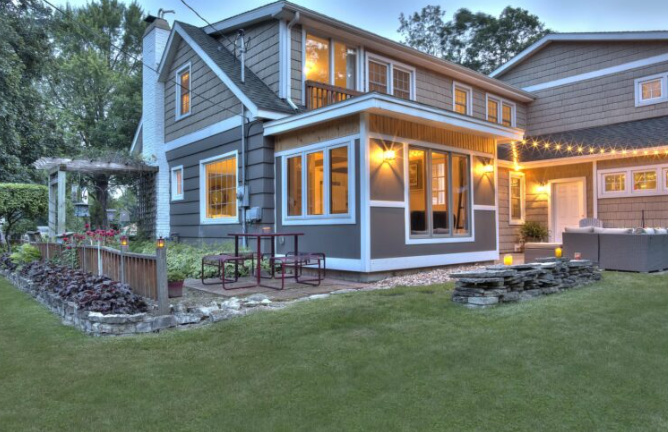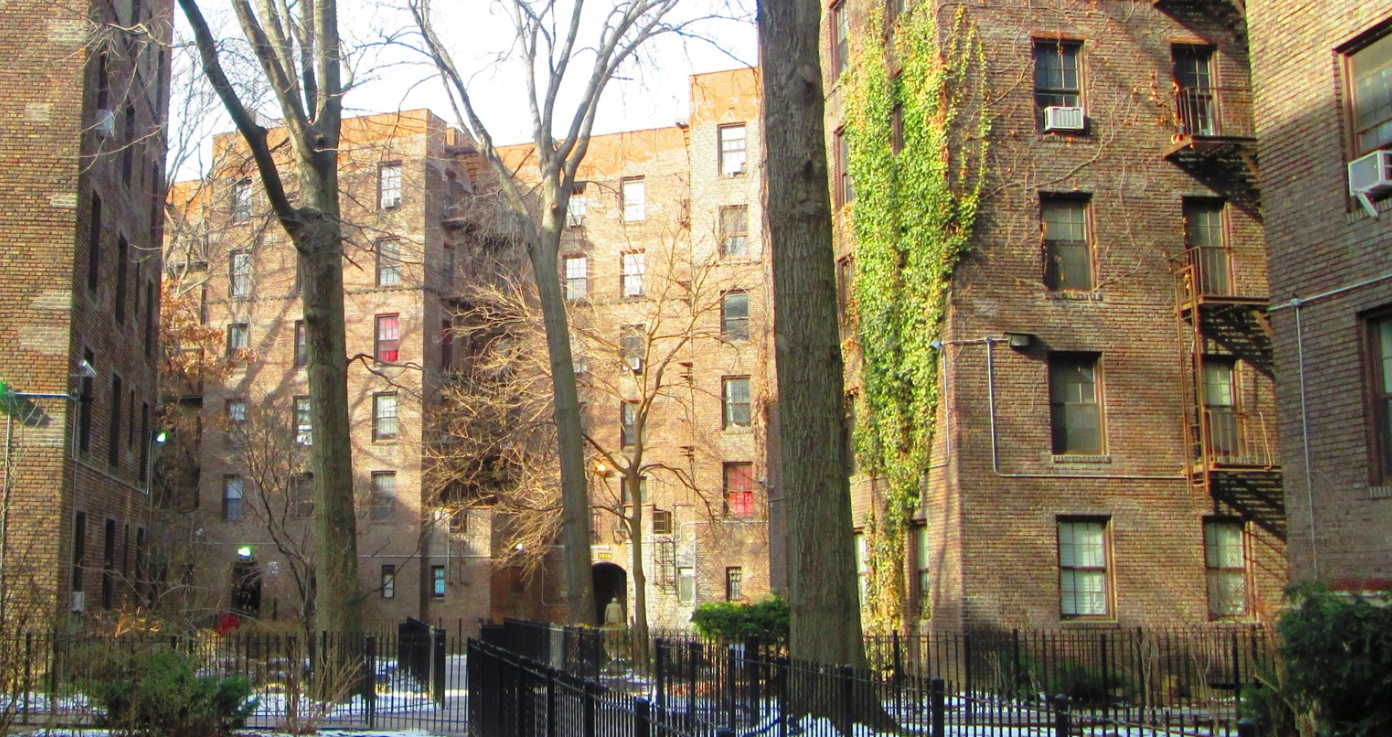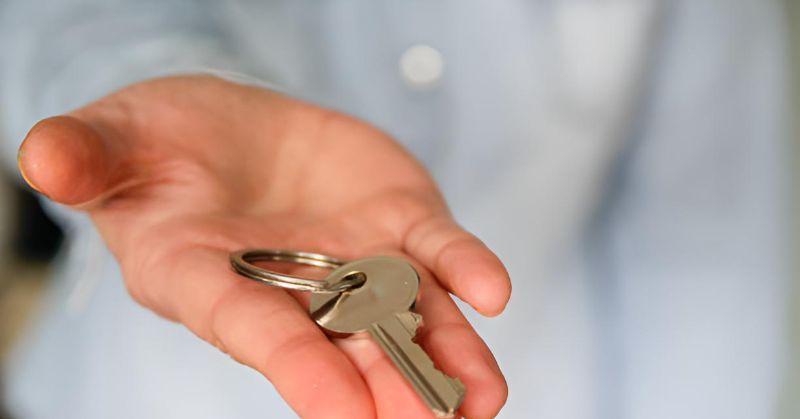Finding a low-cost prefabricated home suitable for seniors involves several steps and considerations. Here's a practical guide to help you navigate the process:

Understanding Prefabricated Homes
Prefabricated homes, often referred to as prefab homes, are manufactured off-site in advance, usually in standard sections that can be easily shipped and assembled. They offer a cost-effective, efficient, and flexible housing option.
Identify Your Needs
-
Size and Layout: Consider the size and layout suitable for your needs. Many prefab homes offer customizable floor plans, including single-story options ideal for seniors.
-
Accessibility Features: Look for homes that can be equipped with accessibility features such as ramps, wide doorways, and walk-in showers.
-
Location: Decide where you want to place the home. Ensure the land is zoned for prefab homes and check local regulations.
Set a Budget
-
Determine how much you can afford, considering the cost of the home, land, and additional expenses like transportation, site preparation, and installation.
Ways to Find Affordable Prefab Homes
-
Online Marketplaces: Websites like Modular Homeowners and Prefab Review list various manufacturers and models, often including pricing information.
-
Manufacturers' Websites: Check manufacturers' websites directly for special offers, discounts, and financing options. Some well-known companies include Clayton Homes, Skyline Champion, and Cavco Industries.
-
Local Dealers: Visit local prefab home dealers who can offer insights into affordable options and sometimes provide financing assistance.
-
Government Programs: Look into government programs and grants. The HUD offers various programs that can assist with financing.
-
Non-Profit Organizations: Organizations such as Habitat for Humanity can provide resources and sometimes offer affordable housing options for seniors.
Explore Financing Options
-
Loans: Look into mortgage options specifically for manufactured and prefab homes. Some lenders offer specialized loans for these types of properties.
-
Grants and Assistance Programs: Research programs that provide financial assistance to seniors for housing. HUD offers various programs, and local non-profits may also have resources.
Consider Additional Costs
-
Transportation: The cost to transport the prefab home to your site.
-
Foundation and Installation: The cost of laying the foundation and assembling the home.
-
Utilities Hookup: Costs associated with connecting the home to water, electricity, and sewage.
Benefits of Prefab Homes
-
Cost-Effective: Generally less expensive than traditional homes due to lower labor and material costs.
-
Quick Construction: Prefab homes can be constructed much faster than site-built homes.
-
Energy Efficiency: Many prefab homes are built with energy-efficient materials and technologies.
-
Customizable: Wide range of designs and customization options to suit personal needs and preferences.
-
Sustainable: Often built with sustainable materials and processes, reducing environmental impact.
-
Quality Control: Manufactured in controlled environments, which can lead to higher quality and less waste.
Examples of Affordable Prefab Homes Across the U.S.
-
Clayton Homes (Nationwide)
-
Model: The Bliss
-
Price: Starting around $70,000
-
Features: Single-story, 3 bedrooms, 2 bathrooms, energy-efficient options.
-
Skyline Champion (Various Locations)
-
Model: The Sunwood
-
Price: Starting around $80,000
-
Features: Single-story, 2-3 bedrooms, customizable layouts, high-quality construction.
-
Cavco Industries (Southwestern U.S.)
-
Model: The Waverly Crest
-
Price: Starting around $75,000
-
Features: Single-story, 2-3 bedrooms, open floor plan, energy-efficient appliances.
-
Champion Homes (Midwest and East Coast)
-
Model: The Innovation 1668
-
Price: Starting around $60,000
-
Features: Compact design, 2 bedrooms, 1 bathroom, efficient use of space.
-
Clayton Homes (Southern U.S.)
-
Model: The River Birch
-
Price: Starting around $85,000
-
Features: Spacious design, 3 bedrooms, 2 bathrooms, modern amenities.
Resources and Further Assistance
-
HUD: Offers information on various housing assistance programs.
-
AARP: Provides resources and advice on housing for seniors.
-
Local Agencies: Contact local housing agencies for specific programs and assistance in your area. Use the HUD Resource Locator to find local help.
By following these steps, seniors can find an affordable, comfortable, and convenient prefabricated home that meets their needs.



